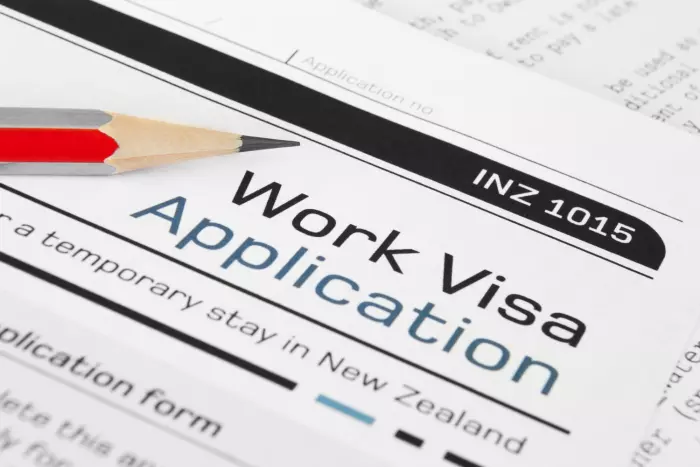The recent Productivity Commission has recommended the government discontinues permanent residency visas and replaces them with a renewal process every six years.
The aim is to encourage migrants to “build roots” in New Zealand before getting permanent residency status. A similar system ran up until 1995. It didn’t work then, and it won’t work now.
Does anyone look at history?
We used to do what the Productivity Commission is suggesting but stopped the practice in 1995. However, back then the residency visa wasn’t renewed for six years, it was for four years.
What problem is this aiming to solve?
The concern pre-1995 was that people would get residence, and then leave their families in NZ to take advantage of our free health care and education, while the main applicant went back overseas to continue working, so there was no tax being paid on that offshore income.
This was seen as unfair because the family was taking advantage of taxpayer-funded services.
That is why, in our current post-residency process, there's an obligation to spend time in NZ or act in a way that brings a person within the tax loop.
If a person doesn’t display their “commitment” to NZ they can’t get a permanent resident visa, and if it is the main applicant who doesn't meet this obligation, their family can’t get the permanent resident visa either.
What we had then is what we have now
People must display a commitment to NZ in the first two years of residence to get a permanent resident visa. Once they get it, the permanent resident visa simply allows a person to maintain a residence status, but they're free of the obligation to spend time in NZ.
One reason we moved away from the old system of continually needing to renew your residency was the ongoing administrative bureaucracy needed to police it.
Additionally, it brought injustices – children who had lived all their lives in NZ ended up being separated from parents who lost their residence entitlement.
Those parents couldn’t reunite with their children in NZ even after many decades away, and despite being former residents. This is because of a rule that prohibits a former resident family parent from applying because of a relationship with the child who was originally a dependent in that parent’s residence case.
The most important flaw in the argument for continual renewal of residence visas is this – it only takes five years to get a passport. Once you have the passport, why do you need to renew your residency?
It all sounds good on paper but discontinuing the permanent resident visa makes no administrative sense and doesn’t yield any benefit.
Migrants 'not driving down wages'
The productivity report has also said that immigration is not driving down wages or replacing local workers. That doesn’t suit the trade union narrative. Nor does it suit the Government narrative for the introduction of more restrictive policies, which aim to reduce the number of migrants in NZ.
The commission says: “Immigration has had on average, smaller, mostly positive effects on wages and employment of New Zealand-born workers over the last 20 years.”
That's to be expected and is likely to continue given the current methodology of increasing the median wage requirement for the issue of certain classes of work visas.
I have for many years maintained the view that the underlying objective for using this tool was upward pressure on wages through pay parity.
I don’t accept the concern that there may be a displacement of local labour in the event of future economic shock or cyclical downturn in the economy if there are large numbers of work visa holders in NZ. The immigration system can deal with that.
In high unemployment, the labour market test (now known as the job check) on the new visa application would usually fail, because there were local candidates who were available and qualified to perform the job in times of high unemployment. Again, the prospect of displacement is managed within the work visa system.
The recommendation of a clear Government Policy Statement to improve transparency and clarify objectives within the immigration system is a welcome suggestion.
But it's important that it doesn’t become just another piece of reflection or navel-gazing.
Now we have a lack of clarity around residency that prevents people from making long-term plans for a life in NZ. It makes us less attractive to the competing countries in the global labour market.














